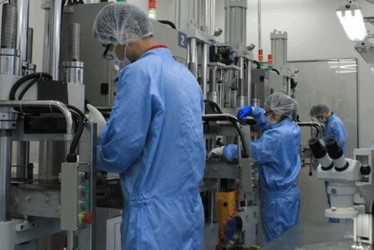ISO 10993 Series : Essential Standards For Medical Device Biocompatibility Assessment

Biocompatibility assessment is critical in medical device development to ensure patient safety by evaluating how devices interact with human tissues. The process is guided primarily by the ISO 10993 series, which has evolved to emphasize a risk management approach. Recent revisions to ISO 10993-1 have standardized exposure duration, integrated guidance from annexes, and expanded biological effect tables to facilitate more consistent, streamlined evaluations. Material characterization, including analyzing potential contaminants, additives, and the effects of manufacturing, is fundamental to risk assessment. The process involves developing a Biological Evaluation Plan (BEP) that identifies and manages biological hazards, guided by risk assessment principles aligned with ISO 14971. Medical devices are categorized based on the type, nature, and duration of contact, determining the level of evaluation required. Chemical characterization is a prerequisite for assessing systemic risks, and the Toxicological Risk Assessment (TRA) links exposure data to patient safety outcomes. Updated terminology, expanded evaluation categories, and the reduction of unnecessary animal testing reflect progress in the standards. The new annexes offer detailed rationales for changes and further clarify requirements. Manufacturers must ensure biological safety using scientific evidence, supplemented by comprehensive reporting and expert interpretation. By adhering to these standards, manufacturers meet regulatory requirements, protect patients, and improve device quality. Continued guidance and development of these standards are necessary to address ongoing challenges in medical device evaluation, safeguarding the advancement of safe, effective medical technologies.
Get unlimited access to:
Enter your credentials below to log in. Not yet a member of Med Device Online? Subscribe today.
